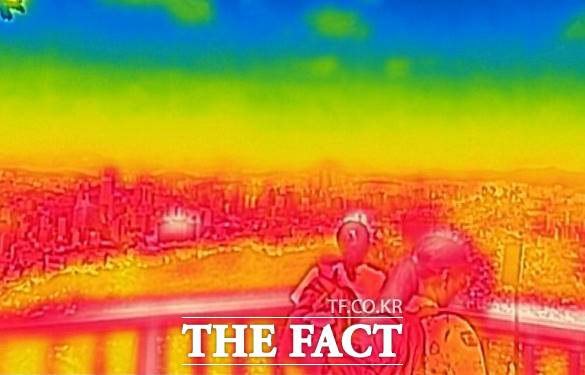Seoul Takes Special Measures Against Ozone Pollution
페이지 정보

본문

Seoul is expanding its air quality measures beyond just fine dust by addressing high ozone levels, which have become a significant concern. Traditionally, ozone alerts in Seoul were issued separately for five different regions. However, the city has now shifted to a unified alert system covering the entire area. In addition, Seoul will implement a seasonal management system from May to August to counter high ozone concentrations.
The new measures focus on several key areas
-
Public Awareness and Communication: The city will enhance public education about the health risks associated with ozone, emphasizing that unlike particulate matter, ozone cannot be easily filtered by masks. Vulnerable groups such as children, the elderly, and outdoor workers will be provided with specific guidelines on how to reduce exposure.
-
Seasonal Management: During the high ozone period (May to August), Seoul will actively manage volatile organic compound (VOC) emissions. Since VOCs are a major precursor to ozone formation—with 85% originating from the use of organic solvents, and the rest from automobiles and construction equipment—the city plans to focus on controlling these non-regulated emissions within residential areas.
-
Emission Controls and Technological Measures: The policy includes measures to restrict the use of internal combustion engine vehicles, promote electric and hydrogen vehicles, and strengthen the overall reduction framework for VOC emissions.
-
Scientific and Collaborative Approach: Seoul is developing a systematic, science-based policy to tackle rising ozone levels and is seeking enhanced cooperation both domestically and internationally. This includes sharing technology and policy information with other cities to bolster collective efforts against air pollution.
The city’s Climate and Environment Bureau emphasizes that, given the unique challenges posed by gaseous pollutants like ozone—which are not as easily mitigated by simple measures like mask-wearing—active public cooperation and adherence to preventive guidelines are crucial for safeguarding health amid increasing climate change impacts.
- PrevCherry Blossom Season in Korea: Why Sunglasses Are a Must-Have This Spring 25.04.11
- NextNavigating Health and Well-Being as a Foreigner in Korea 25.04.03
댓글목록
There are no registered comments.
